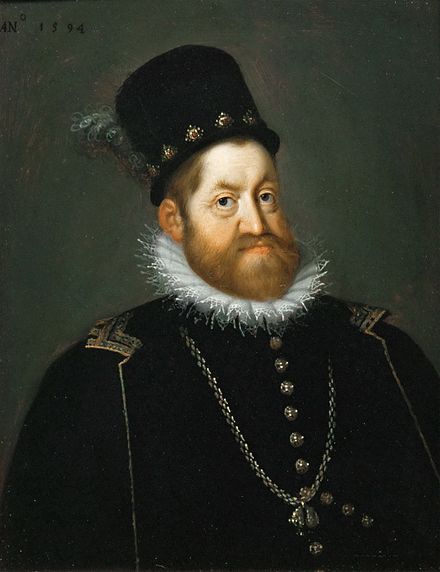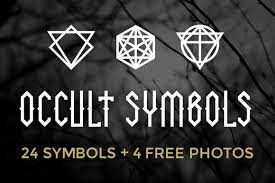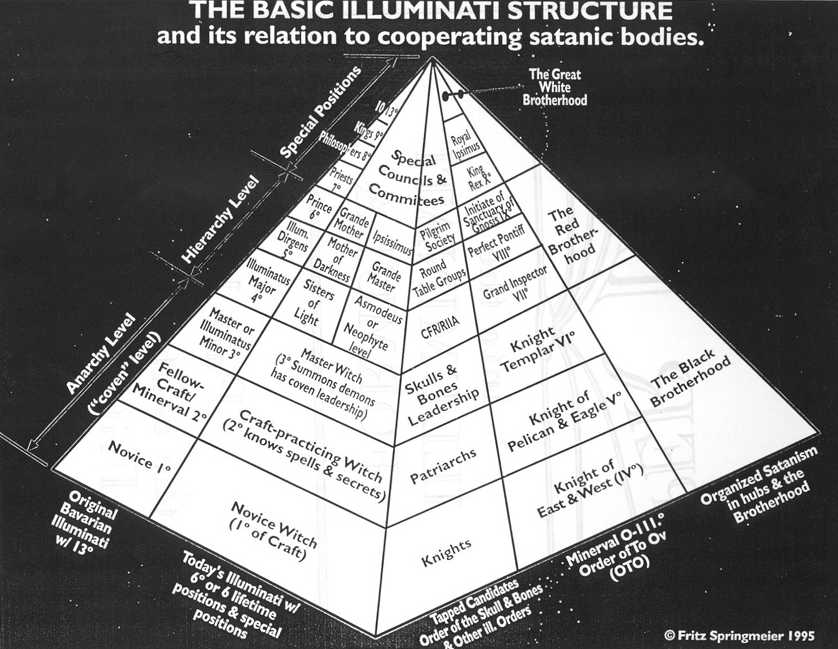Emperor Rudi the Two was a retiring and secretive man by nature and nurture. Perhaps that made the lure of the Occult sciences all at the more congenial to him. While he would seldom leave the keep of his castle in Prague on Hrady hill, he would welcome anyone who claimed to have a secret to tell. Not gossip about people, but rather secrets about how the world works and the meaning beneath appearances.

The Occult claimed to penetrate beyond the world of appearance and experience to the hidden reality that underlay it. Clues to this reality appeared to the cognoscenti in symbols and emblems from crosses to hexagons. An inspired artist was as likely as a scientist to chance upon these keys to the mysteries of the universe.
Alchemy was the most self-conscious of such sciences but not the only one. It was different from the later stereotype of a crazed individual throwing this and that together to see what happens, for alchemists in Sixteenth Century middle Europe comprised a disciplined school that followed certain principles. Rudi had as many as two hundred alchemist in his employ, with his own private laboratory where he did his own experiments.
The alchemists sought to control reality, not to understand it. Natural philosophers of the day sought knowledge, but the alchemists sought power.
The Occult belief in the reality of unseen things aligned them with much the religious mysticism of the era as did their denial of Enlightenment rationality. Most of their number ignored both Catholicism and Protestantism in preference to sui generis sects of neo-Platonism and such ilk. Secret rituals, incantations, E = MC squared, they were all on the same plane in the cosmology.
Rudi paid a high price for hermetic books that would open a door to the beyond. Many were written and published with his financial support. Many of the books ostensibly revealed the code, but were themselves coded. Some of them were so heavily encoded that no one could understand them. Indeed sometimes the more incomprehensible a text was, the higher the price it commanded. What a field for a charlatan. Or even a professor!
In a few years some of this would be codified under the Rose Cross of the Rosicrucians. Esoteric knowledge went on the curriculum.
All manner of Occultists went to Prague to take some of the Emperor’s gold while promising to replace it by creating gold from lead. Whether sincere or fraudulent, none delivered on the otherworldly promises.

In the same vein, the Occultist believed that some objects were transmitters or receivers of the hidden reality, usually gems of great beauty or perfection. Or unusual natural formations. Rudi was a one-man market for these things, and sometimes engaged in a bidding war with others to acquire them. Other bidders wanted them for their beauty and uniqueness, Rudi wanted to tune them into an Occult broadcast.
He funded the construction of many clockwork automata, partly because, like a Shinto follower in Japan, his spiritism meant even inanimate objects could channel the Occult. Many rooms in his ever growing palace complex housed these toys some life size and even lifelike. Imagine a stormy night in one of these warehouse of automatons with shutters banging, and floors creaking, glassy eyes staring. Spooky.
One of the many tenets of the Occult is that some geniuses are touchstones — like a medium at a séance — who hear, understand, or transmit (to a small and select audience) the secrets they receive. This knowledge is so fantastic, so powerful, so awe-inspiring most of us cannot fathom it. Indeed most of us would not recognise these profundities even if face-to-face with them, but if we did, then we would misuse it. It is best hidden from the ordinary people like thee and me. They are secrets in plain sight.
The steam from this kettle leads to the supposition that some geniuses leave coded messages in their works, poems, books, painting, statues. Often the code is numeric, especially in books. Think of Johnny Depp in ‘The Ninth Book’ or Dan Brown’s various larks. Accordingly, it is said that a genius like Plato hid his message in the seventh word in seventh line on seventh page of his seventh book. The Occultists then strive to determine which is the seventh book, which is the seventh page, which the seventh line, and the seventh word. The example, if crude, is nonetheless indicative of how such minds work.

Plato’s text contains a coded message, perhaps several, and we have to find the key. To find the key, we disregard what Plato said explicitly and look instead at the incidental remarks, fillers, repetitions, seeming errors, non-sequiturs, apparent discontinuities – these offer the clues about whether it is the seven word or the ninth. The least important parts of a Platonic text may be in fact the most important.
Thus do some political theorists discount most of Plato’s explicit arguments and turn them upside down and inside out to arrive at conclusions that they alone can see. The example that comes to my mind is Plato’s repeated assertion that women equal men. Plato says this is different ways in three of his major works. A dedicated follower of the esoteric school of interpretation will conclude that the more Plato says it, the less he meant the knowing reader to take it at face value.
One can never win an argument with such an interpreter. And believe me, such interpreters exist.
To get back to Sixteenth Century Prague, Rudi also sponsored all manner of seminars which took the form of séances in many dark rooms in his palace. He did not often sit in himself, but he wanted to know what happened, and was inclined to be credulous. Though in his ecumenical way many of those he kept around him in court were skeptical and he permitted them to express their doubts.
By the way, when Rudi moved the capital out of Vienna it was not obvious that Prague was the best choice. There were plenty of other cities from which to choose in northern Italy, along the Danube, or in southern Germany. He chose Prague perhaps because it had a reputation as a religiously free(r) city than any other. It was not dominated by either an entrenched Catholic or Protestant establishment. These two had battled it out a hundred years earlier in Prague, murdering each other with great energy, and fell into an exhausted and dispirited peace where they (barely) tolerated each other. That would have suited Rudi who had no interested in religion beyond the most minimum formalities. A move to some other city might be seen as supporting the religion dominate in that place.
Skip to content
